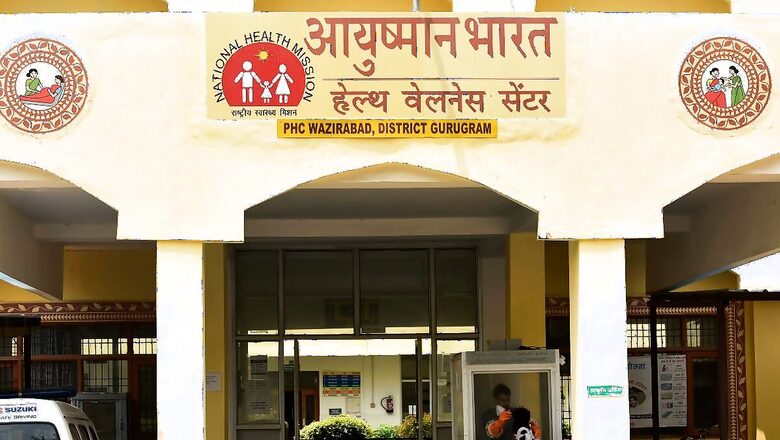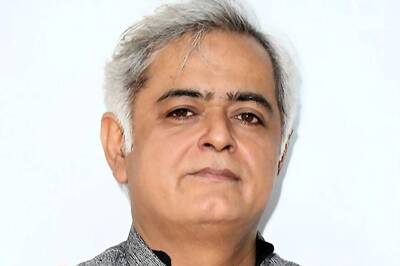
views
Aimed at encouraging the participation of high-end tertiary hospitals in the Modi government’s flagship Ayushman Bharat Scheme, the country’s top private hospitals have told an apex panel to bring back penalties for delayed reimbursement of hospital claims and introduce a co-payment model, News18 has learnt.
Suffering from lower participation of top private hospitals, the Ayushman Bharat scheme provides secondary and tertiary level hospitalisation benefits to beneficiaries, identified based on the 2011 Census, through the empanelled private and government hospitals.
The Association of Healthcare Providers of India (AHPI), which represents approximately 15,000 private hospitals across India, including Fortis, Max Healthcare, Manipal, Medanta, Apollo, and others, has proposed the Niti Aayog panel to address “two major concerns” to enhance private hospital participation in the scheme.
The proposal has been submitted to a committee, which was established by the government in March, led by Dr V K Paul, a member of the health sector think tank Niti Aayog. The committee’s task is to evaluate the scheme’s operations and propose methods to expand services and the number of beneficiaries, among other objectives.
TWO BIG COMPLAINTS
According to the lobby, two of the biggest concerns are unreasonable delays in releasing payments (for the treatment done under the scheme) and lower procedure rates.
“At any given time, for a mid-sized hospital, around 30 to 40 beds are vacant. These beds can be given to patients coming under the scheme, hence availability is not an issue. The issue is delayed payments, which end up hurting the cash flow of hospitals,” Girdhar J Gyani, director-general, AHPI told News18.
Empanelled hospitals typically experience an average payment delay of approximately six-eight months, with some states facing particularly severe situations.
The AHPI, on behalf of private hospitals, have proposed bringing back the penalty of paying 1 per cent interest for delays exceeding one month. “This clause was earlier part of the original scheme, but was removed at a later stage. If the cash flow of hospitals won’t be hurt, they will be encouraged to join the scheme,” he said.
Another proposal is to introduce a “co-payment method” to solve the conflict over the lower rate of procedures.
This model would allow hospitals the flexibility to charge slightly higher than the predetermined rates based on their expenses, with the requirement to disclose these rates on their websites beforehand, giving the consumer a choice to opt for treatment at a variety of hospitals at pre-disclosed rates.
INFORMED CHOICE
“Consider this example,” Gyani said, adding, “If the government sets the rate for a particular procedure at Rs 100 under the scheme, private hospital A may choose to charge Rs 120 for the procedure. In this scenario, the government will reimburse Rs 100, while the patient will be responsible for paying Rs 20.”
“Each hospital should publish its charges on its website so patients can make informed decisions. If a patient wishes to pay extra for treatment at a high-end tertiary hospital, why should we refuse them?” he said.
“There will be hospitals offering procedures at Rs 100, Rs 110, or Rs 120. Let the patient choose where they want the procedure done. In this way, the top hospitals in the country will be happy to participate in the scheme.”
Highlighting the significance of the private sector in the success of the flagship scheme, Gyani said that of India’s total of 13 lakh beds, 85 per cent are in private sector hospitals.
Explore in-depth coverage of voting in Telangana , Odisha , and Andhra Pradesh during Lok Sabha Election 2024 Phase 4 polling.




















Comments
0 comment